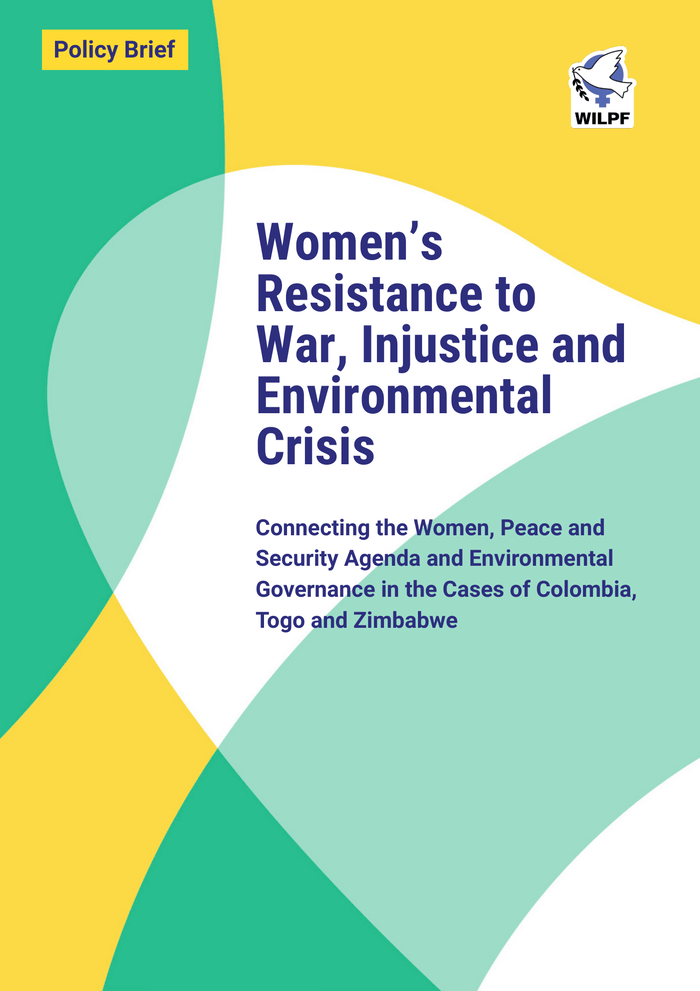Executive Summary
The climate crisis has significant implications for gender equality and human security, particularly for women in fragile and conflict-affected areas. These women face disproportionate impacts from environmental, economic, and social upheavals due to unsustainable resource extraction. Current climate action is inadequate and often lacks a gender perspective.
The Women, Peace, and Security (WPS) agenda, rooted in UNSCR 1325 (2000) and reaffirmed by UNSCR 2242 (2015), offers a framework to tackle these interconnected issues. However, its potential remains largely unrealized in the context of climate and ecological justice, often framing climate as an abstract threat rather than a real, gendered risk affecting resources and security.
Feminist movements are broadening the WPS agenda to include ecological justice, pushing for demilitarization, land rights, and support for women environmental defenders. This policy brief examines these dynamics through case studies including:
- The gendered impacts of lithium mining in Zimbabwe
- Local-level water governance in Togo
- Ecofeminist organizing against extractivism and militarism in Colombia
Rooted in feminist peacebuilding frameworks, the brief emphasizes integrating climate justice into the WPS agenda and vice versa. It advocates for recognizing the climate crisis as a gendered risk tied to inequality, capitalism, colonialism, militarism, and extractivism.
Concrete support for frontline communities experiencing environmental crises, armed conflicts, and human rights violations is crucial. Drawing on international research and grassroots insights, including contributions from WILPF members across various countries, the brief presents actionable recommendations for policymakers, urging them to:
- Recognize environmental harm and resource extraction as drivers of gendered insecurity.
- Mainstream climate risk across all WPS pillars: participation, protection, prevention, and relief and recovery.
- Ensure women’s full participation in decision-making processes.
- Embed gender-responsive environmental governance into peacebuilding and humanitarian strategies.
- Avoid securitized and militarized responses to ecological crises.
- Protect and support women human rights and land defenders against threats.



